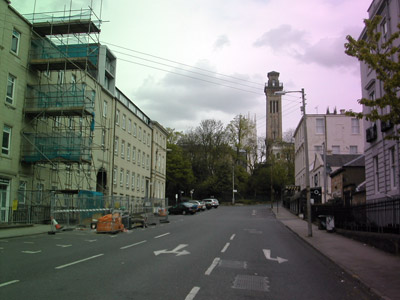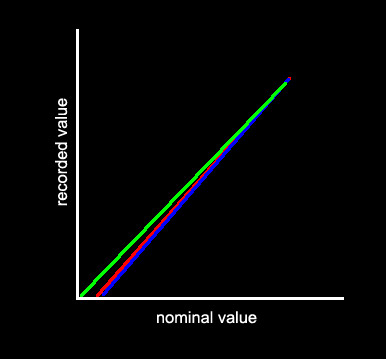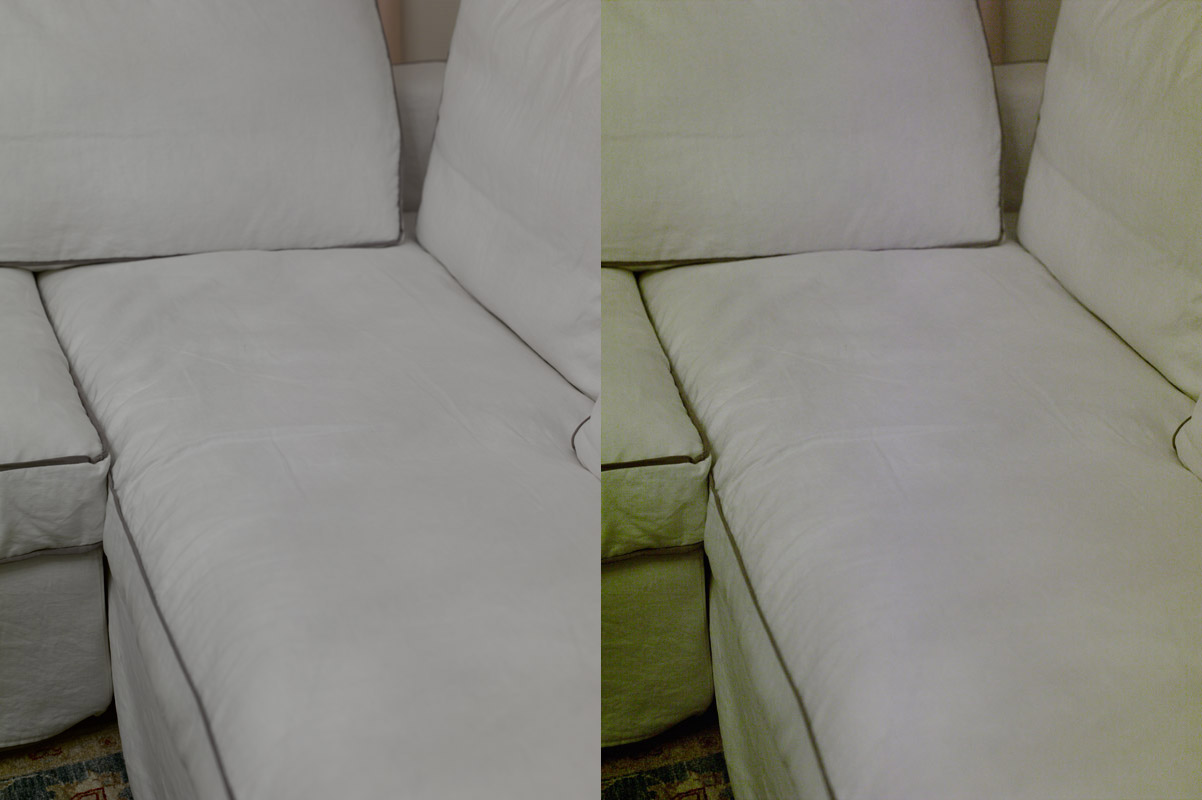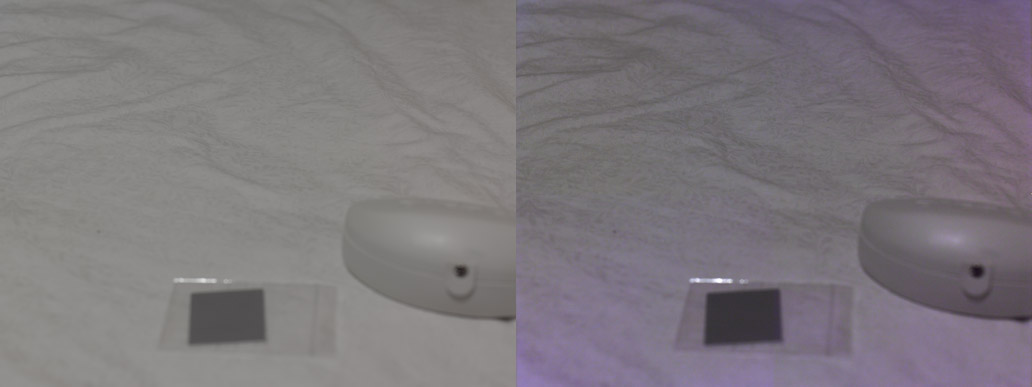There's definitely something strange going on, and I don't think it is a simple lens/sensor colour cast although it is related. Perhaps it's a calibration or profile issue. I believe all backs or back profiles will contain a generic lens cast calibration file and apply a correction on the fly. Perhaps this is not happening as it should but without knowing the exact data processing pipeline it's hard to know where to begin to diagnose the problem.
The sensor colour cast effect distorts RGB values with a fixed ratio. In other words, if the red and blue values are 20% down on what they should be at a given point on the sensor, and you are shooting a grey card in balanced light, you should record RGB values like 8,10,8 or 40,50,40 and so on rather than 10,10,10 or 50,50,50. The recorded R:G:B ratio is 4:5:4 in this case. The colour cast is corrected by applying simple gain of the right amount to the respective values. In this example, multiplication by 1.25,0,1.25. The upshot of this fixed ratio property is that all shades of grey captured at that point on the sensor are tinted, and all shades can be corrected by the one application of gain. (Shooting an LCC file works at a variety of exposures because the correction software needs only measure the ratio of R:G:B at each photosite, compared to the centre of the image, not the actual values.)
Here I simulated lens cast by graduating R and B falloff on one side and G falloff on the other. Note that light and dark values are all equally tinted.

This is where the 80 megapixel sensor issue becomes interesting. (I'm using a Leaf Aptus II 12 but the sensor is the same). The colour cast is not behaving in this way: lighter greys are being recorded correctly, but dark greys are being recorded as magenta or green, as if the back's performance curve looks something like this in the green parts of the image:

This is why the following two shots look so different (the one with the cast was 3 stops underexposed compared to the other, then pushed back up 3 stops):

Using LCC can not fix this, because as I already mentioned, the lens performance is fine at normal exposures so the LCC would apply very little correction. I tested this out anyway making an LCC profile in C1 and re-did a white background shot. Image on right is exposed 3 stops down at ISO 100 and pushed back up.

This is bad news because ISO 800 images are unusable (ISO 400 is not good either), and even pushing shadowy parts of ISO 100 files around will lead to unexpected tints.
I really hope Leaf can work this one out - it's a big issue for a $34K back.